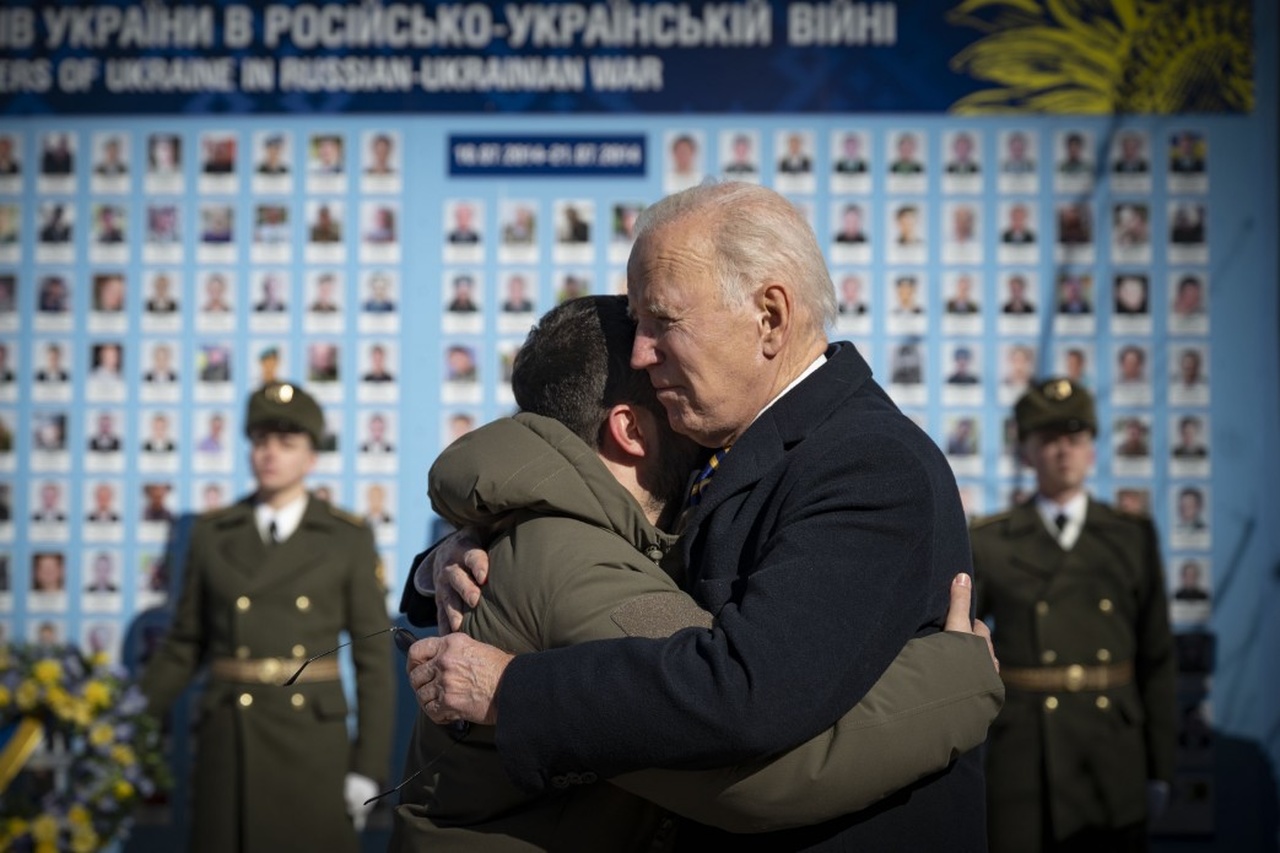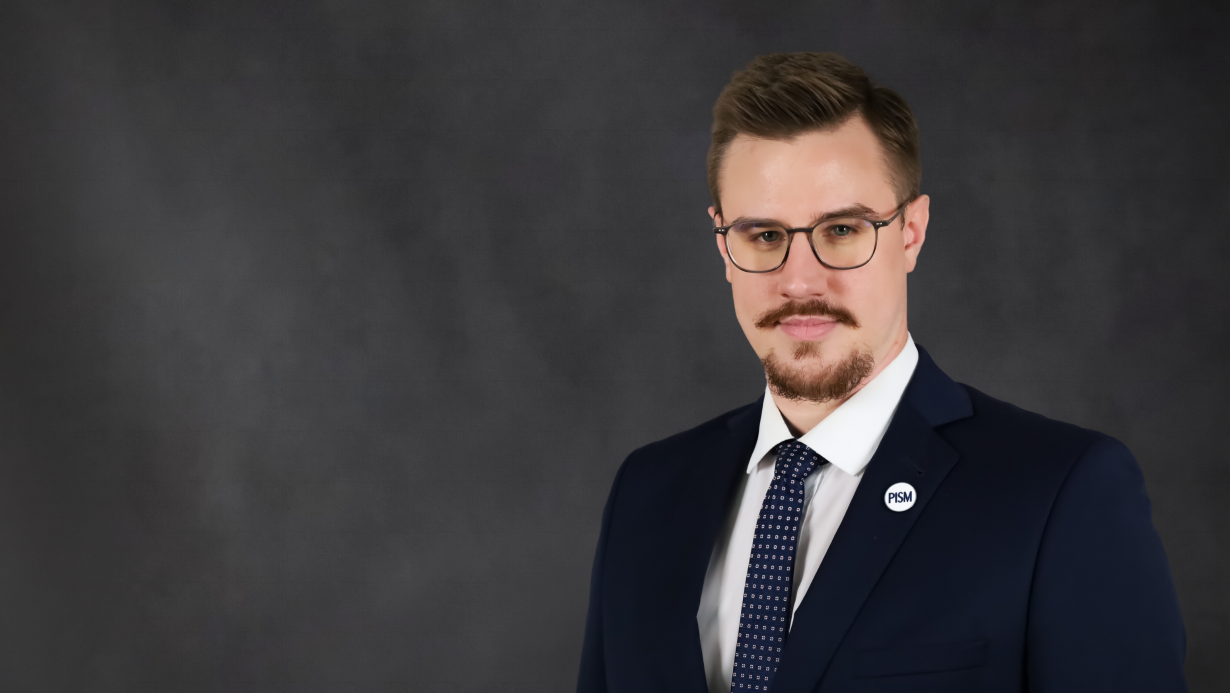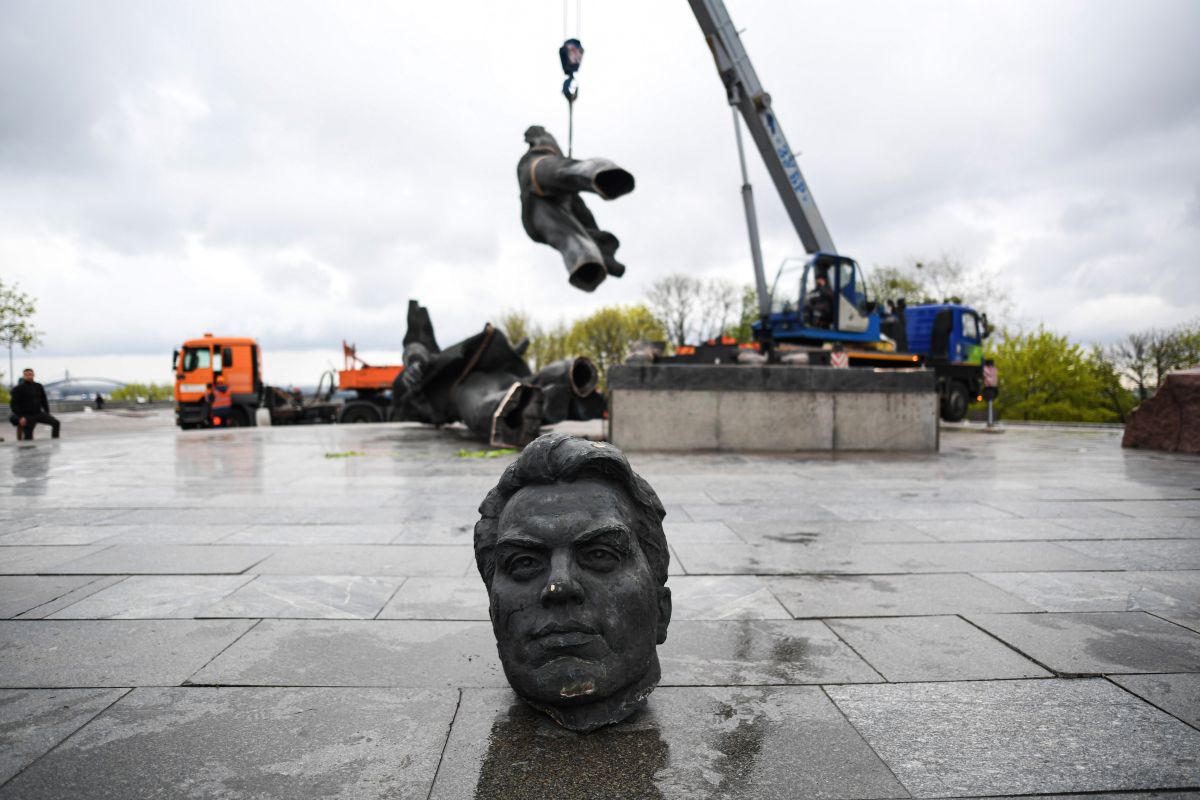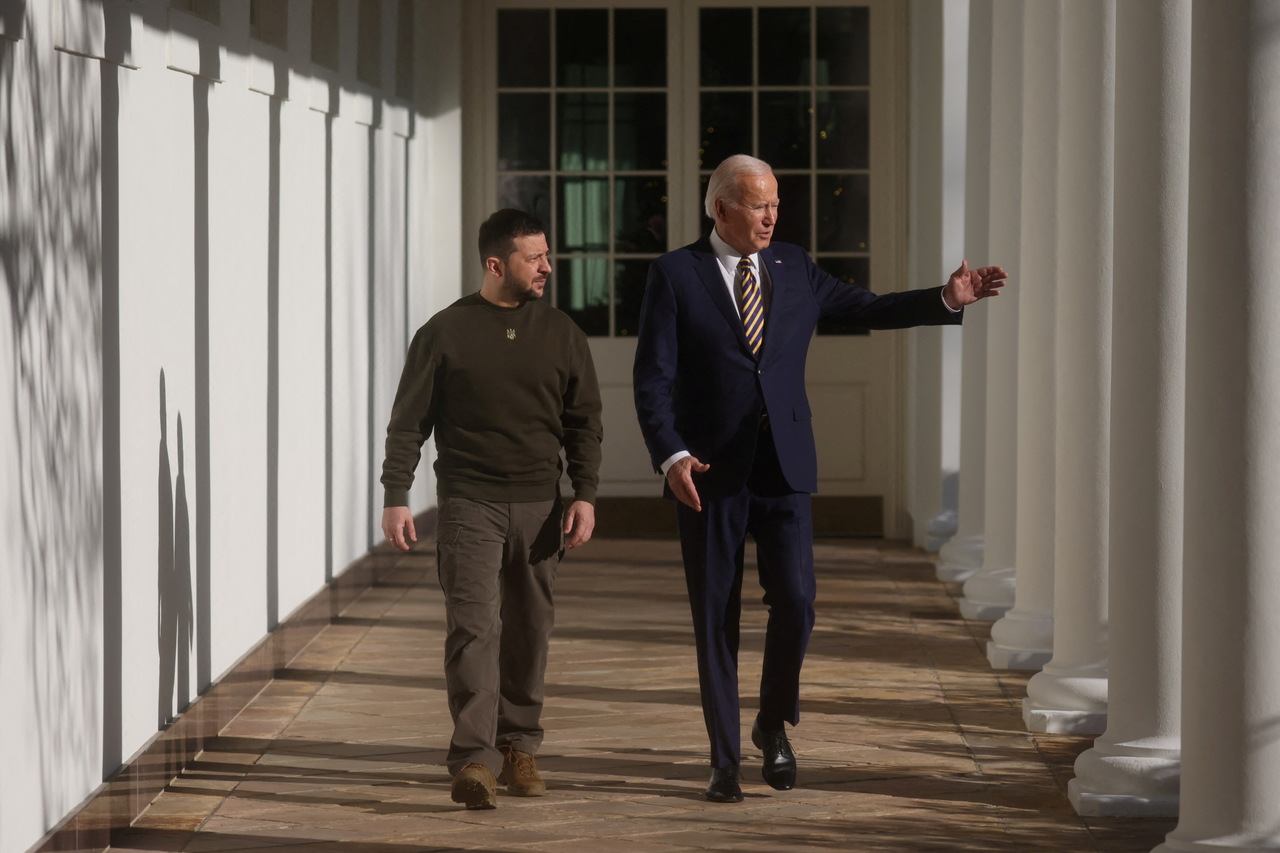Biden Visits Kyiv Unannounced
On 20 February, U.S. President Joe Biden made surprise trip to Ukraine. The visit, which took place a few days before the anniversary of the 2022 Russian invasion, is greatly symbolic for Ukraine and confirmation of the U.S. role as a key Ukrainian partner. President Biden announced the delivery of a new military assistance package. His visit to Kyiv was part of a wider trip to Central Europe, an important element of which will be meetings and a speech in Warsaw.
 President Of Ukraine / Zuma Press / Forum
President Of Ukraine / Zuma Press / Forum
What was the context of the visit?
The first visit of a sitting U.S. president to Kyiv in 15 years took place during a renewed Russian offensive. President Biden travelled to Ukraine on the eve of the announced trip to Poland, which is intended to be an opportunity to highlight achievements to date and summarise a year of efforts in support of Ukraine, conducted under the leadership of the U.S. The visit to Kyiv was the first visit of a U.S. president to a war zone where security was not guaranteed by the U.S. armed forces (unlike in Afghanistan and Iraq). At the same time, the annual Munich Security Conference was held in Germany on 17-19 February, one of the main topics of which was the situation in Ukraine. Vice President Kamala Harris, representing the U.S., said in her speech that the American government had formally established that Russia committed crimes against humanity in Ukraine and declared that the perpetrators would be held accountable. Parallel to Biden’s trip to Central Europe, Russia and China were active. On 17 February, Vladimir Putin met with Alexander Lukashenka, and on 21 February, Putin addresses the Federal Assembly. That same day, Chinese Foreign Minister Wang Yi is scheduled to visit Moscow and Xi Jinping will deliver a “peace speech” on the anniversary of the Russian invasion.
How did Biden’s visit to Ukraine go?
The president’s appearance in Kyiv lasted only a few hours and began with a conversation with President Volodymyr Zelensky about the actions on the frontline and the situation of Ukrainian society. The two presidents then laid flowers at the Wall of Remembrance where people who have died in the war with Russia are commemorated. In St. Michael’s Golden-Domed Monastery, the headquarters of the Orthodox Church of Ukraine, the U.S. president met with Metropolitan Epiphanius. At the presidents’ joint press conference, Biden announced new sanctions would be announced later this week aimed at Russia’s elite and companies trying to evade sanctions mechanisms. He also announced a new $460 million military support package, including rockets for HIMARS systems, artillery ammunition, Javelin anti-tank systems, and air-defence radars. The presidents unveiled a plaque dedicated to Biden on the Avenue of Courage where the names of leaders who have visited Kyiv after the Russian invasion are engraved.
What is the significance of this trip for Ukraine?
The visit took place on a special and symbolic day for Ukraine—Heroes of the Heavenly Hundred—commemorating the victims of the Revolution of Dignity (2013-2014) and just four days before the first anniversary of the full-scale Russian invasion. The visit was very important for maintaining the high morale of Ukrainian society as it resists the Russians and is in need of signals of strong support from Western partners. Biden stressed several times at the press conference his admiration for the attitude of ordinary Ukrainians and pledged financial assistance directed to support the functioning of society. Also of utmost importance for Ukraine is the promise of further transfers of military equipment, especially rockets for HIMARS systems, which is essential to striking Russian targets far from the frontline. The visit also sent a strong signal internationally by showing U.S. support for Ukraine and it strikes at Russian disinformation that portrays Biden as too old and unfit to govern.
What does the visit mean for the American approach?
The visit confirmed the U.S. commitment to long-term support for Ukraine and to Russia's defeat. This is important for the continuation of U.S. efforts to build a broad coalition of states militarily supporting Ukraine and to strengthen American leadership among democratic states. Biden’s meeting with Zelensky in Kyiv ties Ukraine’s security even more strongly to the strategic interests of the U.S., which will make it all the more difficult for Republicans opposed to the involvement to criticise the assistance. In this sense, the visit was a continuation of the activities undertaken during the December visit of the president of Ukraine to Washington.
Biden’s visit to Kyiv, together with Harris’s speech, binds the U.S. more firmly to Ukraine’s goal of regaining all of the occupied territory and holding those responsible accountable. It is a clear signal guiding U.S. administration officials. It also means that Biden’s goal is to bring about a military victory for Ukraine to its pre-war borders, including Crimea. In terms of strategic communication, the visit to Kyiv was a strong signal to Russia that will probably influence the content of Putin’s nationwide address on 21 February. Later that same day, Biden will make a public appearance in Warsaw, which creates an opportunity for him to counter Putin and Russian propaganda. For Biden, this will be an opportunity to reiterate his commitment to Ukraine’s sovereignty and to holding Russia accountable for its crimes.






